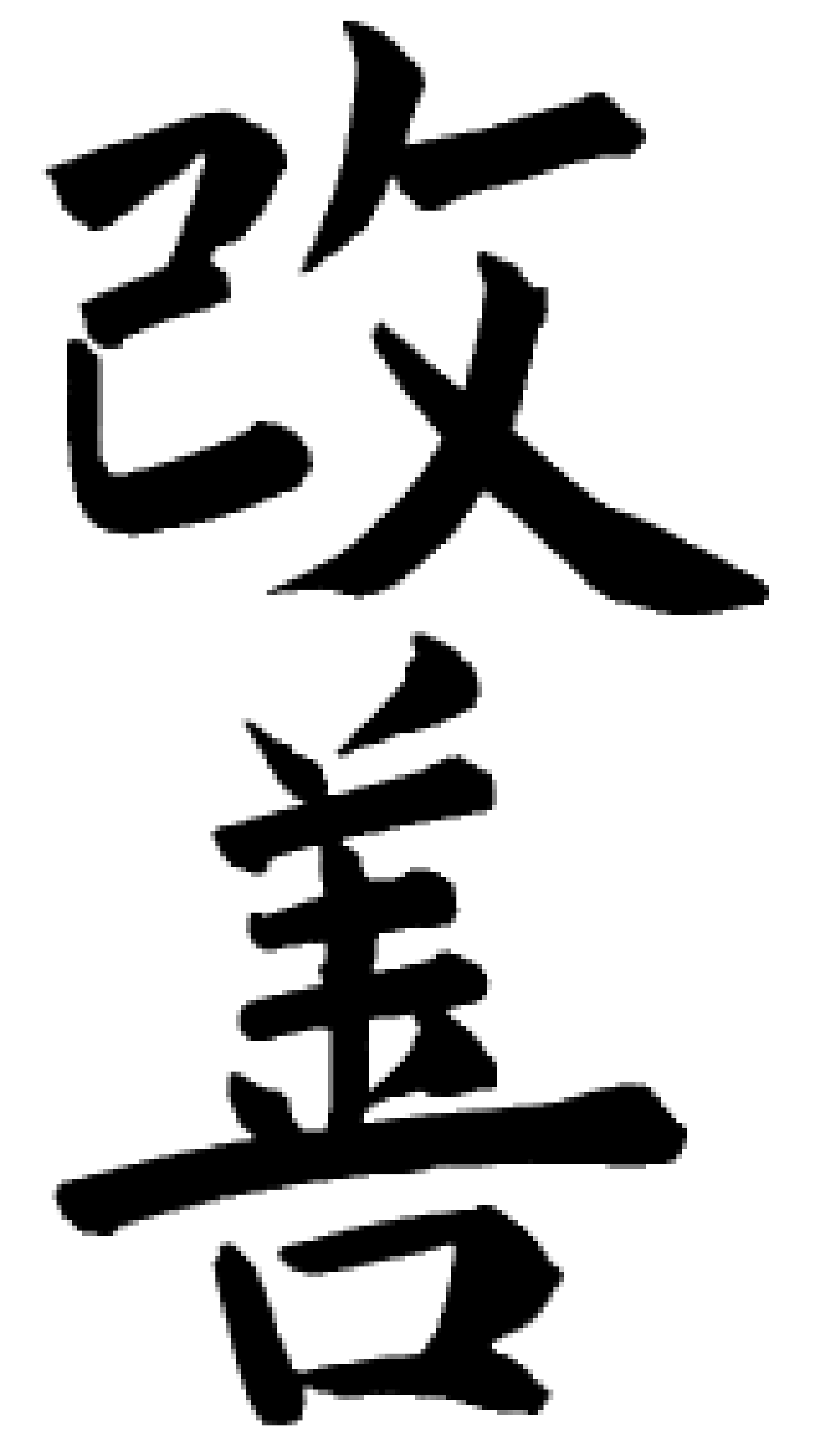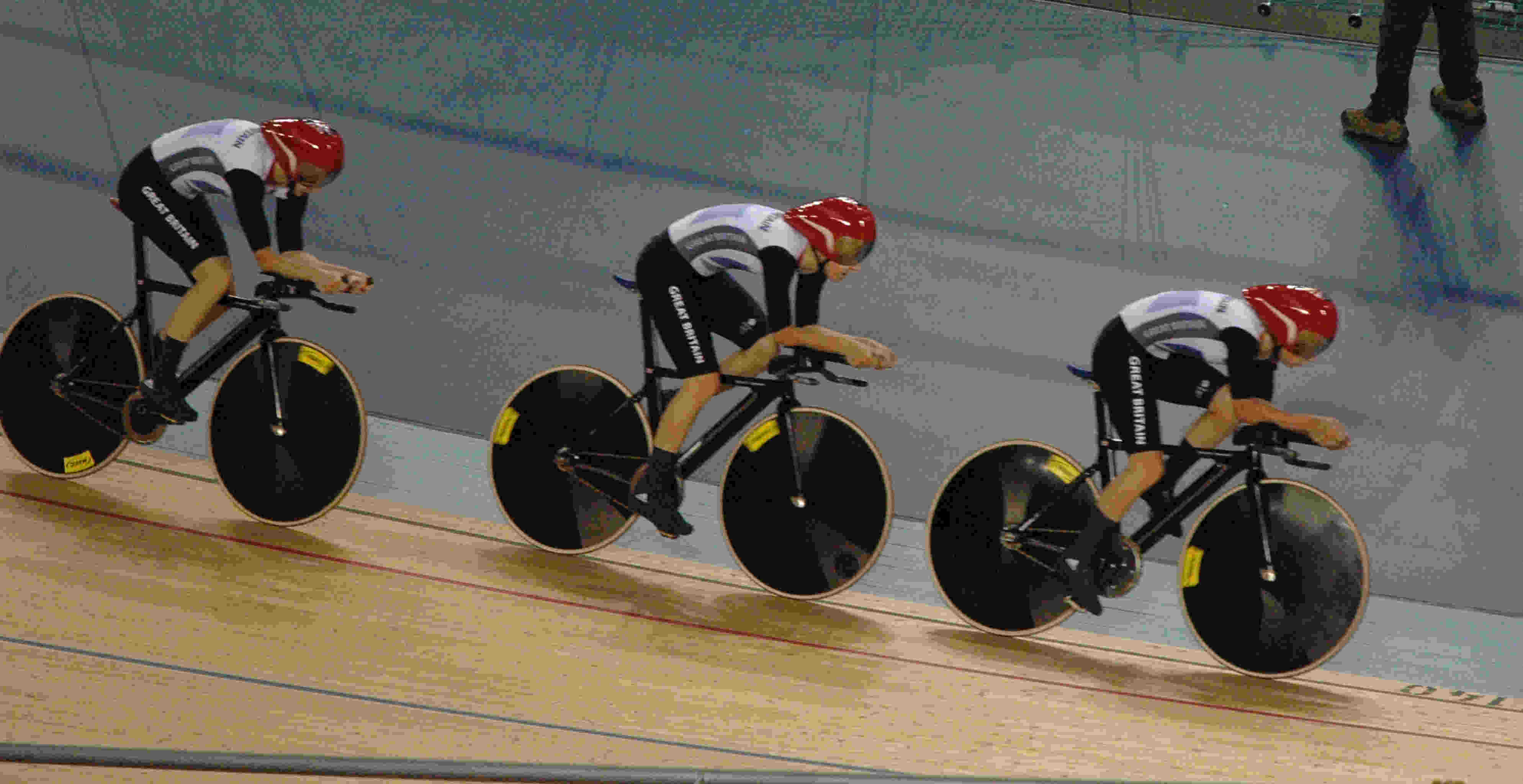Continuous improvement
Continuous improvement is a key component in the Japanese industrial resurgence following the second world war.
By the 1970s, Japanese manufacturers were routinely achieving product quality that Western companies could only dream of, at prices lower than they could hope to achieve.
Continuous improvement, Kaizen in Japanese, is more a philosophy than a technique, and must be practised at all levels within a business if it is to be successful. Kaizen is often undramatic and subtle, an avalanche of small improvements in the workplace which are individually minor, but add up to a dramatic improvement in performance. It is an adaptive approach which contrasts with the big, innovative, changes generally favoured by Western culture.
The continuous improvement philosophy was developed at Toyota, alongside Lean Manufacturing and complementary to it.
Sherpa will help you to explore the philosophy of continuous improvement, and will teach you the tools and techniques which you will need to implement it. We will guide you on your journey towards world-class performance.

Winston Churchill / public domain
Continuous Improvement:
Every day you will make progress. Every step may be fruitful. Yet there will stretch out before you an ever-lengthening, ever ascending, ever improving path. You know you will never get to the end of the journey.
Winston S. Churchill


Photo by Sander.v.Ginkel / CC BY-SA 3.0
Olympic Kaizen
At the London 2012 Olympic games the British Track Cycling team was again dominant, prompting speculation by foreign journalists about how this dominance had been achieved.
It was no secret. After the team's magnificent performance in Beijing in 2008 Performance Director Dave Brailsford explained:
We've got this saying, 'performance by the aggregation of marginal gains'. It means taking the 1% from everything you do, finding a 1% margin for improvement in everything you do. That's what we try to do from the mechanics upwards. If a mechanic sticks a tyre on, and someone comes along and says it could be done better, it's not an insult - it's because we are always striving for improvement, for those 1% gains, in absolutely every single thing we do.
The aggregation of marginal gains is a very succinct definition of Kaizen.